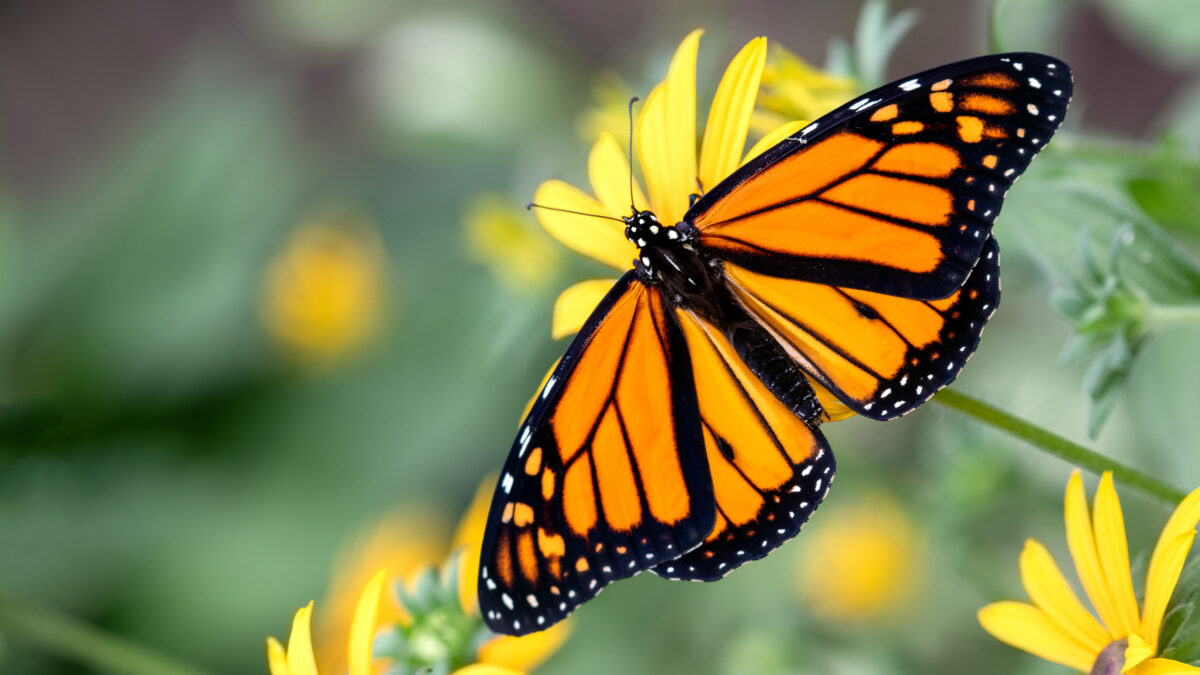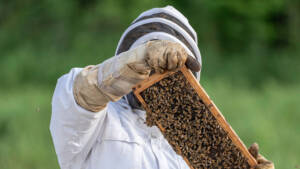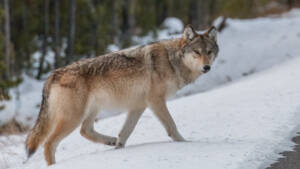U.S. Fish and Wildlife Proposes ESA Listing for Monarch Butterflies
ISSUES
Regulatory Reform The Endangered Species ActTOPICS
Endangered Species Endangered Species Act Monarch ButterflyShelby Hagenauer
Senior Director, Government Affairs
Chad Smith
Associate News Service Editor, NAFB

photo credit: Getty
Shelby Hagenauer
Senior Director, Government Affairs
Chad Smith
Associate News Service Editor, NAFB
The U.S. Fish and Wildlife Service has proposed listing the Monarch Butterfly as threatened under the Endangered Species Act. Chad Smith has more on what that could mean for farmers and ranchers.
Smith: A new species might be added to the Endangered Species list, with a threatened designation. The U.S. Fish and Wildlife Service recently announced a proposal to list the Monarch butterfly. Shelby Hagenauer, senior director of government affairs for the American Farm Bureau, says this designation is a mixed bag for agriculture.
Hagenauer: This Fish and Wildlife Service proposal, which is, “threatened with a 4(d) rule,” provides flexibility in management for the protection of the species. I know that 4(d) sounds kind of jargony, but it just is the specific part of the Endangered Species Act that allows special rules to be put in place for the protection of a species, but still allowing some activities to take place. For example, in this proposal routine agricultural and ranching practices are allowed with some limitations.
Smith: She says farmers and ranchers already take voluntary steps to help support pollinators, including the Monarch.
Hagenauer: So, in areas away from fields, farmers have planted milkweed, and that's where the butterflies breed and hatch. Having diverse nectar sources on a property is very helpful. Something else farmers and ranchers have done is adjusting schedules for mowing. Even mowing a little bit less, that allows some nectar sources to remain longer. And farmers have partnered with NRCS on a whole host of programs to assist with these activities.
Smith: Hagenauer says the listing isn’t set in stone, as the designation still has to go through a comment period.
Hagenauer: For 90 days, the public has time to review the proposal, and review how it might impact them. We are looking at it very closely for its impact on farmers, ranchers, and foresters. On March 12, the public comment period closes, and then the Fish and Wildlife Service takes all those comments and goes back and either decides to change the proposal, they can change how they want to implement the proposal, so there's some flexibility for the service next year as they look at finalizing this.
Smith: Chad Smith, Washington.
What We're Saying
Trending Topics
VIEW ALL



